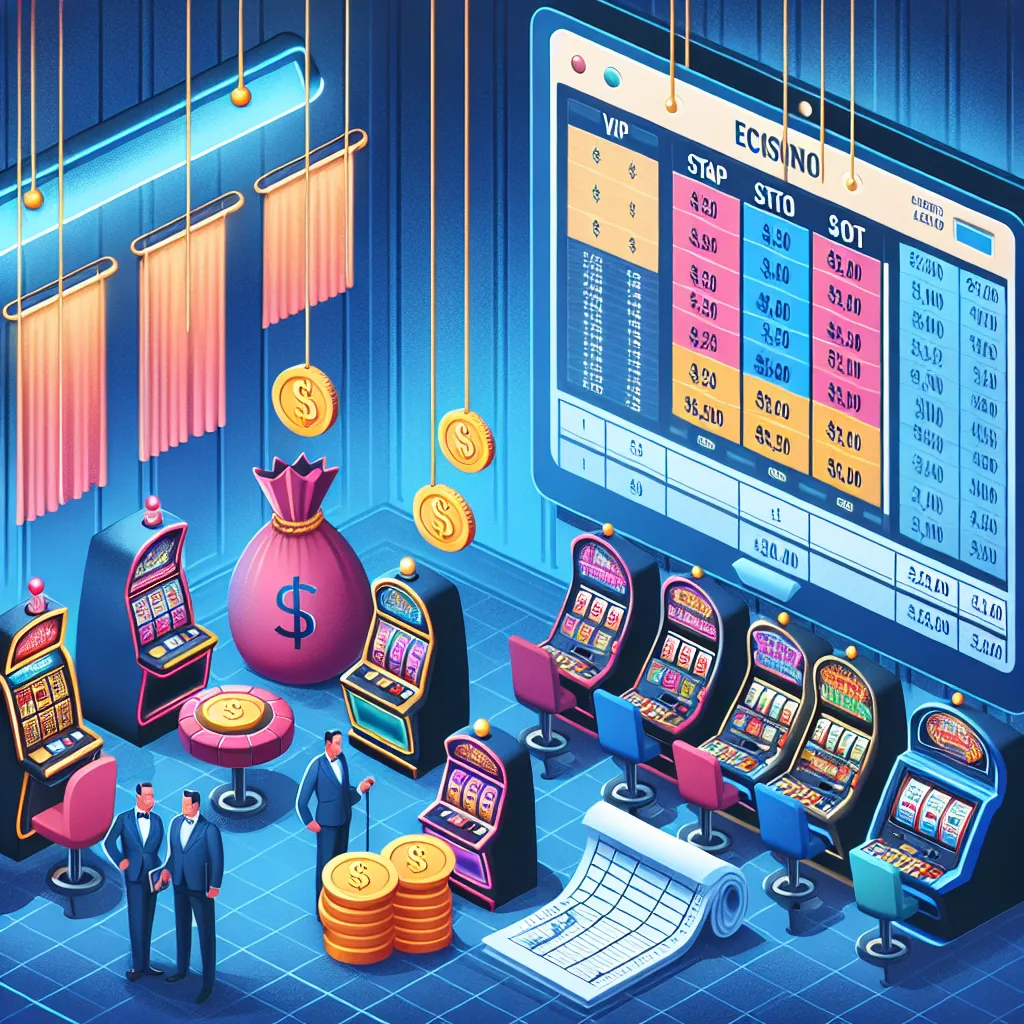The enchanting chime of a slot machine is an iconic hallmark of any casino. These machines are not just sources of entertainment; they are pivotal to the financial ecosystem of casinos. Within this sphere, VIP slots have emerged as significant profit generators, providing an elevated experience for the discerning gambler. Understanding the economics behind these machines—from their cost to their strategic importance for casinos—offers insight into the underpinnings of the casino industry.
VIP slots are a unique tier of slot machines tailored to cater to high-stakes players seeking exclusive gaming experiences. These machines often feature elaborate designs, state-of-the-art technology, and themes that provide an immersive experience. For casinos, VIP slots serve the dual purpose of attracting high rollers while enhancing the venue’s image of exclusivity and luxury. Players are drawn to the potential for larger payouts and the prestige associated with these premium machines.
The journey from concept to casino floor for any slot machine is both intricate and costly. The design and development phase requires collaboration among game designers, mathematicians, and software developers. Each machine involves a significant investment, with costs for a single unit ranging from $10,000 to $25,000. Factors influencing these costs include graphics, bonus features, and the complexity of the machine’s internal mechanics. Advanced machines, particularly those designated as VIP slots, can cost significantly more due to additional features and custom design elements catered towards a premium market segment.
When casinos decide to introduce new slot machines onto their floors, they face a strategic choice: purchase the machines outright or enter into lease agreements. Purchasing a slot machine can cost a casino anywhere from $15,000 to upward of $30,000. Machines that boast cutting-edge technology, branded themes, or unique gaming features can exceed $100,000. VIP slots, often custom-ordered to meet specific aesthetic or technical specifications, may require an even higher investment, reflecting their bespoke nature and the high expectations of their target audience.
Alternatively, many casinos opt to lease slot machines to mitigate the upfront costs associated with purchasing. Leasing arrangements offer casinos flexibility, often allowing them to update their gaming options regularly without committing substantial capital. Lease agreements can range from a few hundred dollars to several thousand dollars per month, depending on the features and appeal of the machine. This approach can be particularly beneficial for games themed around current trends or popular culture, where player interest can fluctuate rapidly.
From a business standpoint, the decision of which slot machines to feature is influenced by their expected return on investment. Casinos analyze data on player preferences and trends to make informed decisions about the slot machines they bring in. More advanced or thematically engaging machines may attract higher player traffic, justifying their higher initial costs through enhanced revenue generation. VIP slots, in particular, are a strategic investment aimed at drawing in high rollers whose betting habits significantly contribute to a casino’s bottom line.
Despite the sizeable initial outlay required to acquire or lease slot machines, the revenue they generate for casinos is substantial. On average, slot machines can earn anywhere from $50 to $300 per day, depending on their location and popularity. VIP slots, with higher betting limits and exclusive appeal, tend to generate considerably more. They not only increase direct revenue through gameplay but also reinforce the casino’s reputation as a premier destination for high-stakes gaming, which can draw an affluent clientele willing to spend significantly more per visit.
In conclusion, the role of slot machines, particularly VIP slots, in the casino ecosystem is both substantial and multifaceted. The costs associated with these machines are justified by the substantial revenues they generate, supported by strategic decisions around purchase versus leasing and a focus on market trends. As technology continues to advance and player preferences evolve, casinos are likely to adapt their strategies, striving to offer the most engaging and profitable gaming experiences. For those involved in the industry or simply intrigued by its inner workings, understanding the economics of slot machines offers a clearer view into the business of chance.



